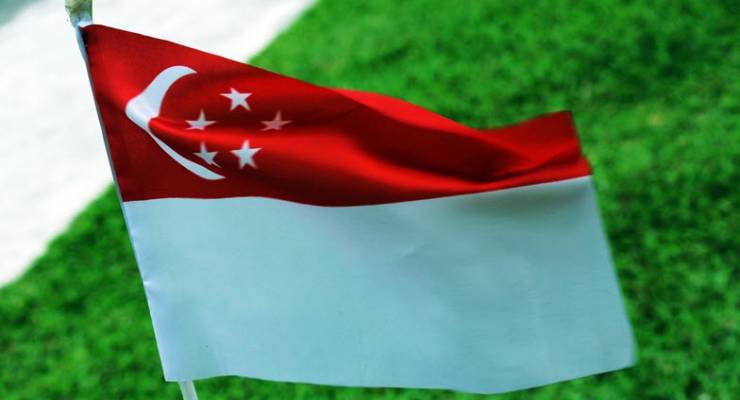
The Turnbull government and its PR machine, the Australian Financial Review, are going out of their way to ignore slowing emerging evidence of a rethink among some of our major trading partners. Crikey pointed out earlier this week that the tax debate in Britain is slowly moving towards reform by raising taxes — either value added tax or income tax, including corporate tax. The debate has been ignored by Federal Treasurer Scott Morrison, the PM and the AFR.
On Monday the government of Singapore went further. In its 2018 budget, it committed itself to lifting a number of taxes, led by raising the country’s GST 2 percentage points to 9% to cover expected recurrent expenditures, “sometime in the period from 2021 to 2025”. Finance Minister Heng Swee Keat said that the exact timing of the rise would depend on the state of Singapore’s economy, expenditure growth and tax income, but he expects that it will be done “earlier rather than later in the period”.
“The GST increase is necessary because even after exploring various options to manage our future expenditures through prudent spending, saving and borrowing for infrastructure, there is still a gap,” the Minister said. “This boost in revenues will be vital in closing this gap.”
The government will boost spending to cushion the blow to lower-income consumers from higher taxes (there is a special compensation fund), while the delayed implementation of the tax increases will allow residents to gradually ease into the changes. The Singapore government clearly understands that (as in the UK) voters want improved services and benefits and to deliver these improvements will require more money from higher taxes and not just from blind cost cuts, as the Turnbull government is looking to do.
Singapore has lifted its top marginal buyer’s stamp duty to 4% on purchases of residential properties worth more than SG$1 million, following the surprise announcement of the change in the country’s 2018 budget on Monday. Under the previous system, rates rose one percentage point per $180,000 until the value of a purchase reached $360,000, with a 3% duty charged on any amount thereafter. The new system keeps the progressive 1% and 2% rates levied on the first and second amounts of $180,000, but charges 3% on the next $640,000 and 4% on any amount above $1 million.
More interestingly the government also announced a new e-tax on imported services, such as online video and music streaming websites, with effect from 2020. Mr Heng said the new tax was intended to make sure Singapore’s tax system “remains fair and resilient in a digital economy”.
The GST on imported services will apply to overseas suppliers without an establishment in Singapore. It will cover digital business-to-business (B2B) services such as marketing, accounting, IT and management services, as well as business-to-consumer (B2C) services such as video and music streaming, apps, listing fees on electronic marketplaces, software and online subscription fees. E-tax for goods less than $400 will not be affected, for now.
Singapore’s Ministry of Finance said B2B imported services will be taxed via a reverse charge mechanism, while B2C imported services will be taxed through an overseas vendor registration model.
And guess what? The Singapore government is introducing a carbon tax of $5 per tonne from 2019 (yes that’s a carbon tax, of the sort Tony Abbott bitterly opposed). The plan is to increase it to between $10-$15 per tonne by 2030.








You want to be careful citing Singapore as an example to follow. The housing market is heavily regulated, with restrictions on who can live where. They control the population through draconian laws. They censor and control the media, detain people indefinitely without charge, and can arrest foreigners merely for being present at a public assembly, of any sort. Sexual relations between two male persons remains a criminal offense, and there are no legal protections against discrimination. Non citizens have no rights. Foreign migrant workers are subject to labor abuse and exploitation, and sometimes physical and sexual abuse. For medically fit males ages 16 to 50, caning is mandatory as an additional punishment for a long list of crimes including non-violent crimes. I don’t think a carbon tax is worth all that do you?